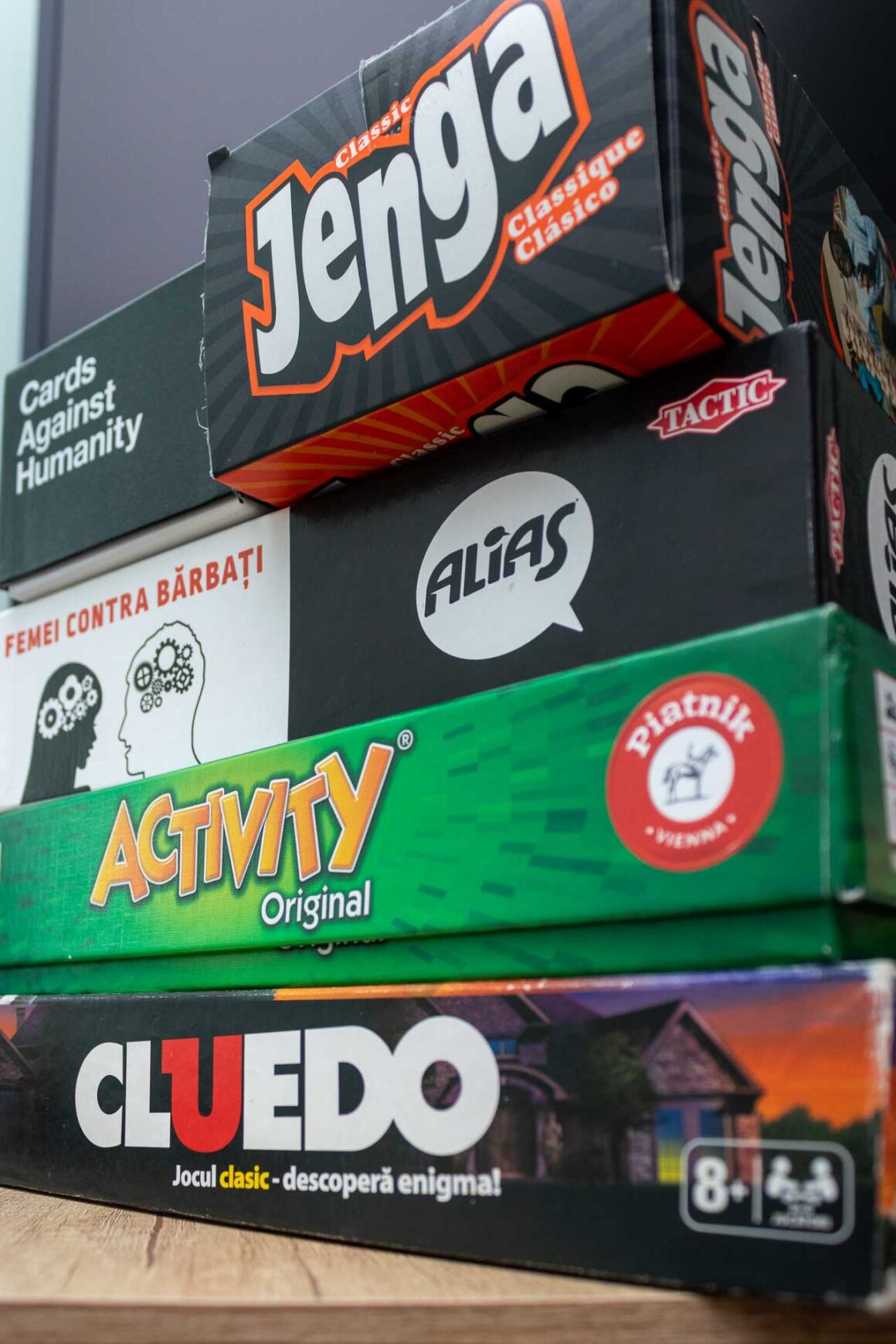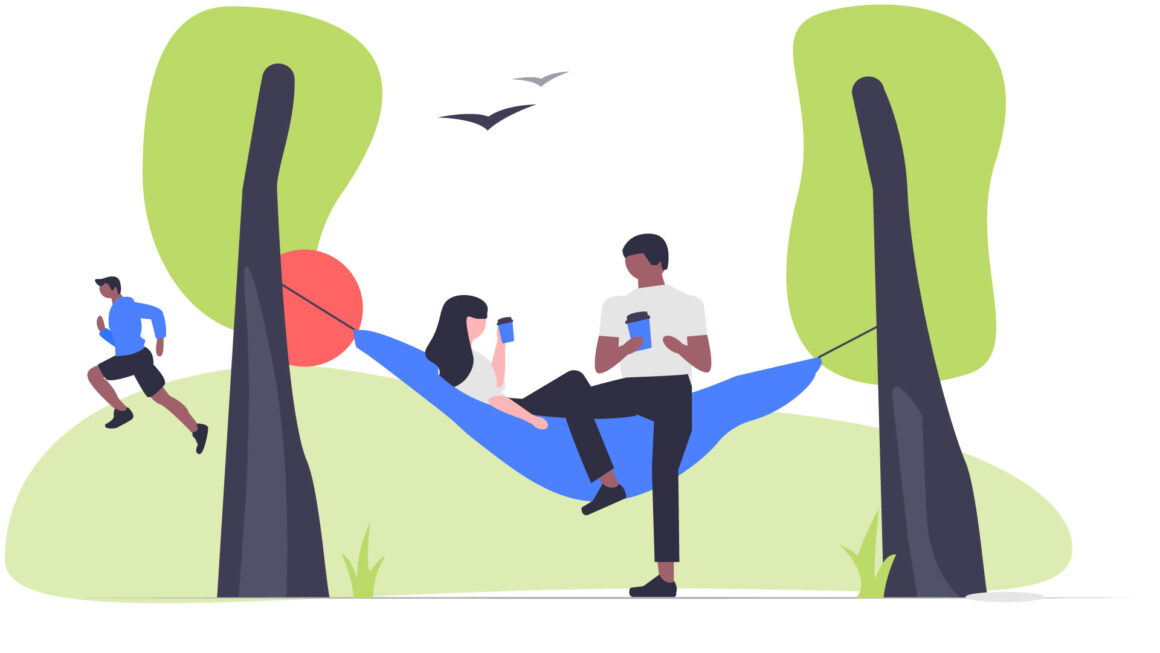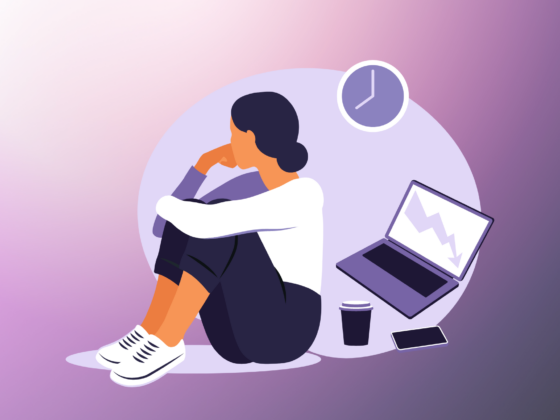When it comes to recharging for the next day, we all have different tactics.
We spend a good part of our day at the office, working and creating cool things. And we need to recharge. In order to recharge our creativity batteries, each and one of us has different activities that bring peace and joy.
We asked our team how they unwind after a working day and we compiled their answers. At the end of each section, you’ll also find our colleagues’ recommendations.
We hope you’ll find some inspiration from our hobbies!
Movement
A good part of our team is quite into movement.
From working out at the gym to playing sports (tennis, basketball) or simply enjoying long walks, most of us find moving our bodies an important part of our daily routine.
With jobs that imply long hours of sitting in front of a desk (no matter how comfortable that home office is), we need to find ways to make movement a daily habit.
Moving our bodies has not only physical benefits but also mental ones by improving our mental state and resilience.

Team Fabrit recommends: Try AvoGym or Baza sportiva Gheorghieni, in Cluj-Napoca. Or simply a long walk with your 4-legged friends – in case you have one.
Reading
Reading is another popular hobby that scored high within our team.
Reading is not just relaxing, but according to researchers, it can help us: reduce stress, become more emphatic, connect with our emotions, develop our vocabulary and it can even help us live longer.
Check out below some of our favourite books – in case you’re looking for some inspiration:
Team Fabrit recommends:
- My Brilliant Friend (the trilogy) by Elena Ferrante
- Where the Crawdads Sing by Delia Owens
- The Silent Patient by Alex Michaelides
- The Clockmaker’s Daughter by Kate Morton
- Love in the Time of Cholera by Gabriel Garcia Marquez
- The Picture of Dorian Gray by Oscar Wilde
- Wuthering Heights by Emily Bronte
- Madame Bovary by Gustave Flaubert
- Crime and Punishment by Fyodor Dostoevsky
- The Power of Habit by Charles Duhigg
- The Sanatorium by Sarah Pearse
Gardening
Surprisingly, we’re a handful of people here who enjoy gardening.
From potting flowers to landscaping, or actually growing food, we’ll find a colleague who can help with a piece of advice about gardening.
Gardening is an interesting hobby. It is definitely complex and it also combines different activities into one. It requires thorough research about seeds, soil, climate, humidity and much more (so reading) and it also involves quite some physical activity – gardening is considered a moderate-intensity workout.





Team Fabrit recommends: Gardening is a complex topic. There are a lot of things to learn. Start small by documenting yourself about the topic. On https://cartidintei.wordpress.com/ you can find a lot of resources about the topic (it’s in Romanian).
Board Games
A few of us rediscovered the forgotten childhood pleasure of playing board games.
When it comes to adults, board games are not only an excellent “excuse” to socialise, but they’re also terribly fun, and can also help improve our brain functions.
From highly competitive, strategic games to collaborative, or ruinously silly, we think you’ll find something for each taste in our list below!

Fabrit Team recommends: Activity, Alias, Saboteur, Jenga, Pandemic, Cards Against Humanity, Dixit, Risk or Cluedo
Cooking and Baking
There’s a tie in our team regarding team cooking or team baking, but in both scenarios, the results are delicious – we tasted some of our colleagues’ creations.
Spending more time at home, with limited access to our favourite foods or restaurants, pushed our creative limits.
Some of us learnt how to make sushi, others perfectioned their barbeque skills and others are mastering the intimidating Pavlova meringue cake.
Fabrit Team recommends: If you’re into baking, seriously consider getting a stand mixer.
Knitting and Crocheting
While often wrongly labelled as an “old lady hobby” knitting and crocheting is on the rise as one of the coolest mindfulness activities.
A handful of people rediscovered the old crafting skills their grandmas taught them and during the lockdown realised it can actively contribute to the well-being of their mental state.
Despite being quite a static activity, it’s highly engaging for the brain, leaving no room for random, negative thoughts. Not to mention that you also get a piece of clothing out of it.


Team Fabrit recommends: enjoy the process and don’t expect the first sweater or pair of socks to look good. Try joining a knitting/crocheting workshop to learn new things and connect with the local community.
Video Gaming
You’ve probably been in the situation of having your parents argue with you about the importance or damage of video games. We’ve all been there during our childhoods.
For years, there were only negative arguments about playing video games. But lately, psychologists agree that it can be (for some of us) an excellent way to relax. Furthermore, playing video games develop analytical thinking, spatial navigation, and reasoning and improves your memory and perception.
Team Fabrit recommends: try playing some of these video games – Dirt Rally, Assetto Corsa Competitione, Apex or The Witcher 3.
Over to You
As a group, we have a lot of hobbies in common, but also some stand-alone ones.
We are all different and our different ways of disconnecting after a working day usually inspire us to try new things – and maybe, discover new passions.
We hope your list of activities piqued your interest in trying something new.
How do you relax after hours? We’d like to find further inspiration from you too! Let us know in the comments!





